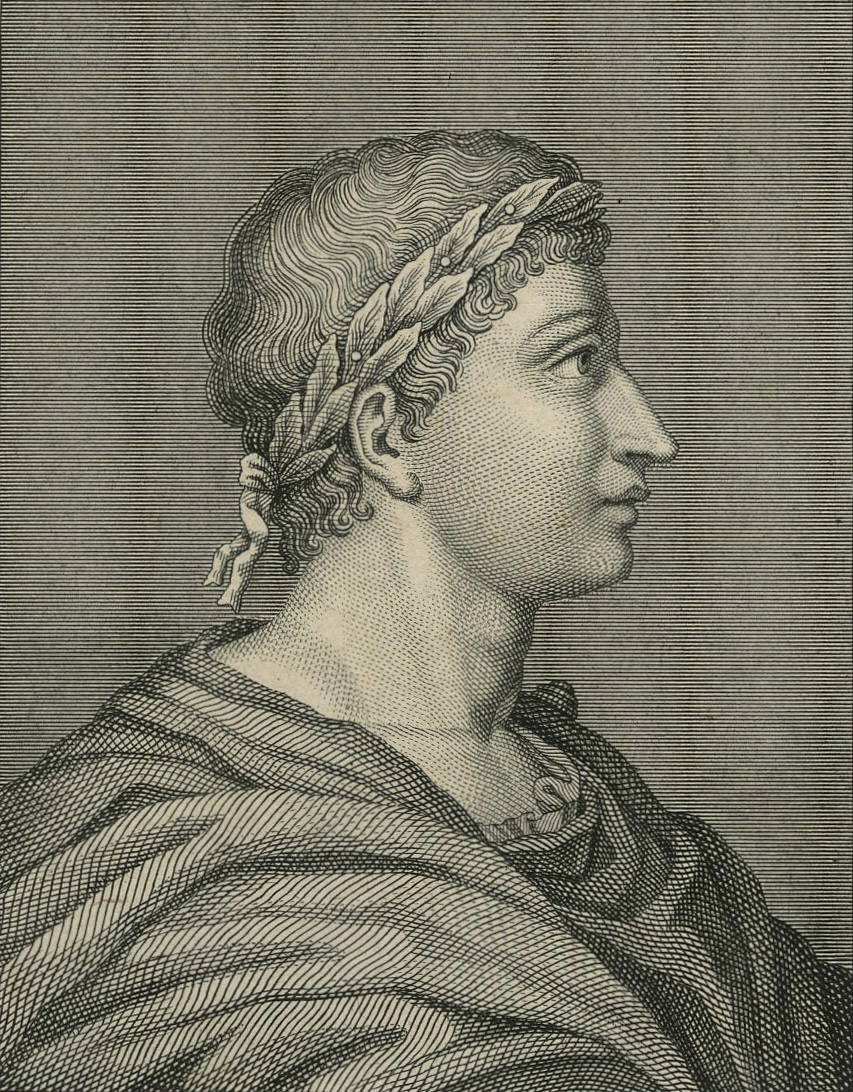
The first part of Ovid’s “Metamorphoses” thoroughly discussed the story of creation, saying chaos was the original source of everything and that humans were formed by stones which were thrown. The rest of the work talked about the morals of the gods, the conflicts between them, and the wicked actions that they usually commit.
Known to treat humans poorly, gods like Jove used humans as “playthings”, Ovid asserted. Lecherous, adulterous, and a rapist, Jove lied to his wife constantly, and was distrustful. Ovid explained that the wickedness of the gods was partly caused because they have eternal life, saying that it was a curse not a blessing. Although most men want eternal life, the gods hate it, so Ovid asked why men want to have it. Involving Apollo and Cupid, another conflict between the gods breaks out when Cupid is taunted by Apollo. This leads to Apollo’s lover Daphne being turned into a laurel tree by Cupid. Interestingly, Ovid stated that love and repulsion were already decided by fate and that people are powerless to change it.
Following the narrative of the wickedness of the gods, Jupiter is portrayed as a lusting, lying, ethical monster. Although he was at the top of the hierarchy of the gods, that did not mean that Jupiter was righteous. Rather, Jupiter was at the top of this set hierarchy, where men are below the gods and have to pay respect to them. Ovid mentioned that this hierarchy was set in nature long ago when two women tried to rebel against the gods and negative sanctions were brought upon them. Once righteous, men tried to rebel against the gods, who defeated them and turned them into sinful beings who have “no further historical or ethical development.”
Although the gods are shown to be far from perfect, Ovid showed that if they have too much pride they will be humbled. Two gods, Arachne and Minerva had deep pride; Arachne’s pride is based on skill and Minerva’s is based on hierarchy more than skill. Arachne refused to acknowledge that Minerva gave her this skill and Minerva refused to acknowledge Arachne’s greater skill. Demanding worship based on her power, good looks, wealth, and greater skill, Arachne is turned into a spider for her pride and her denial of the relevance of invisible gods. Humans who show pride are destroyed, and the gods, especially Apollo, are ruthless in their response against them. Ovid: “pride goeth before the fall.”


